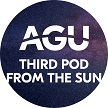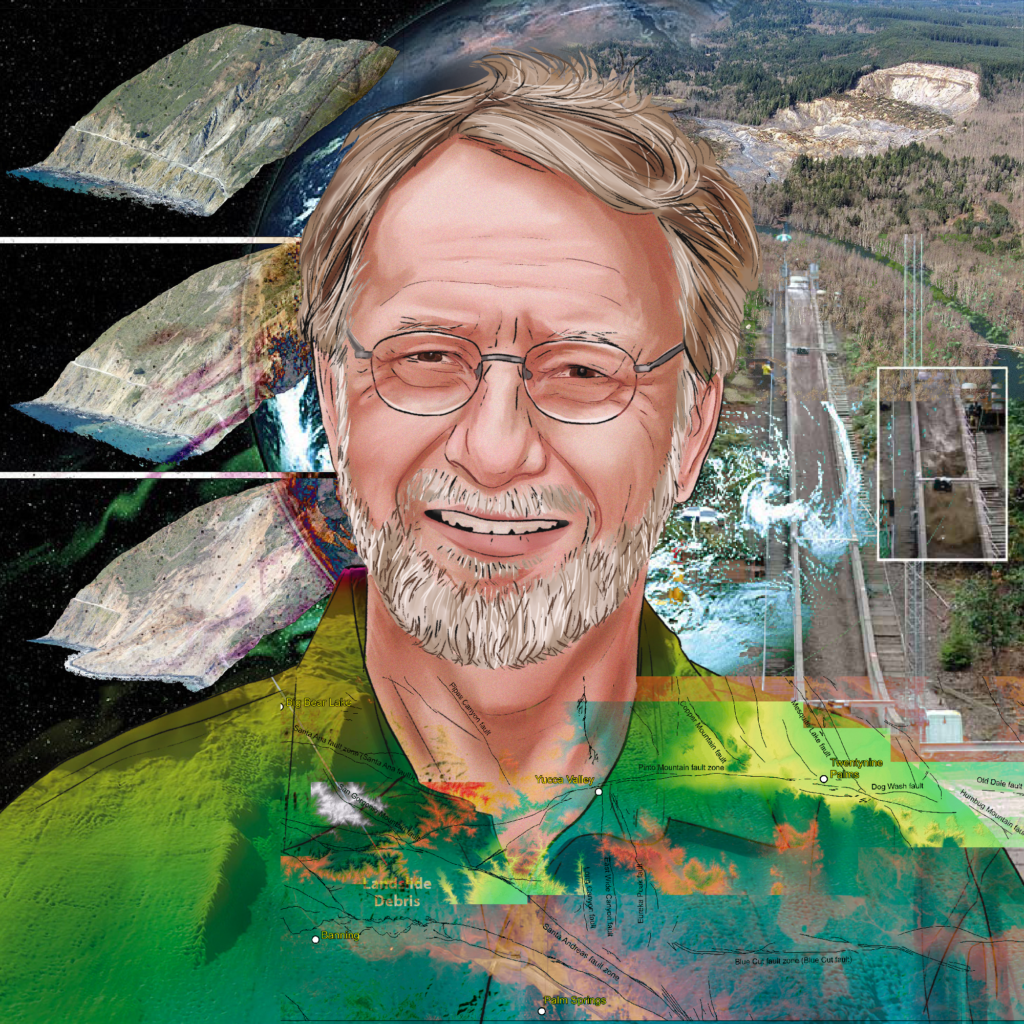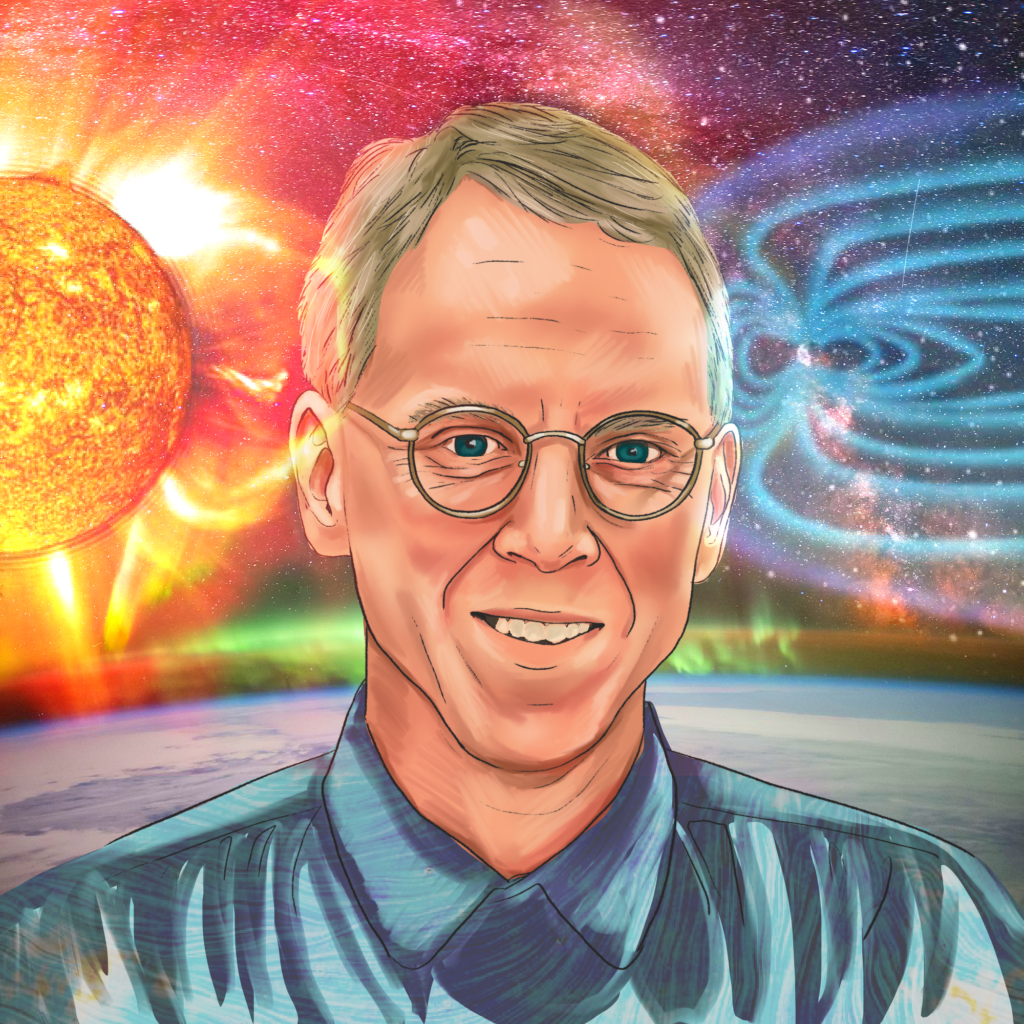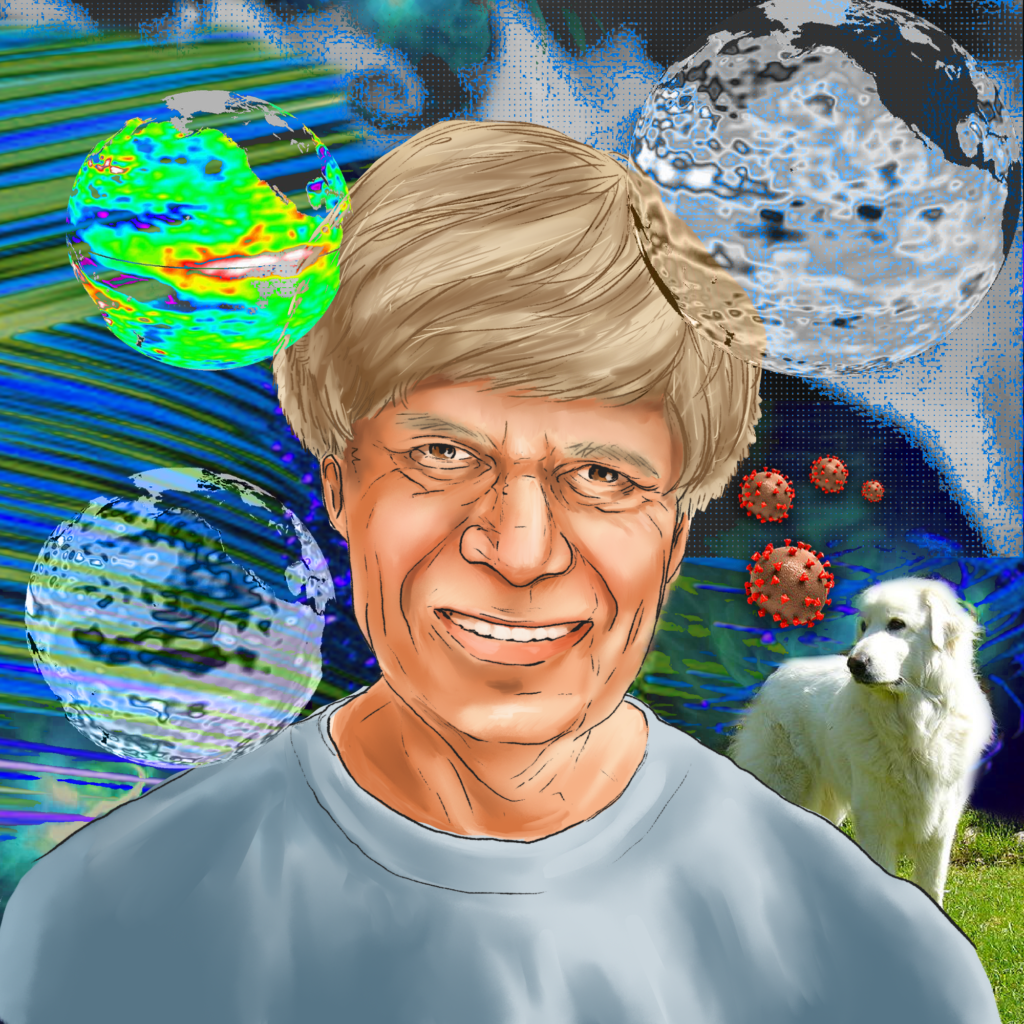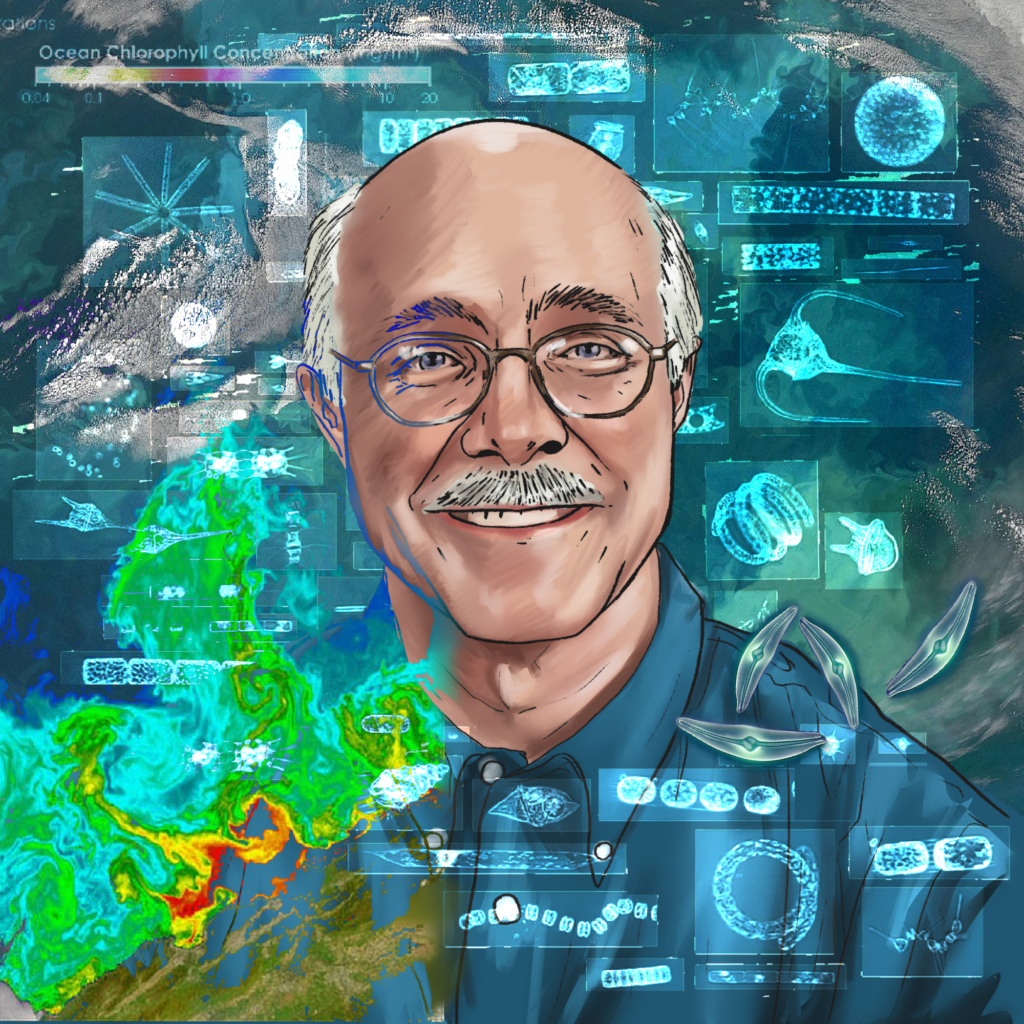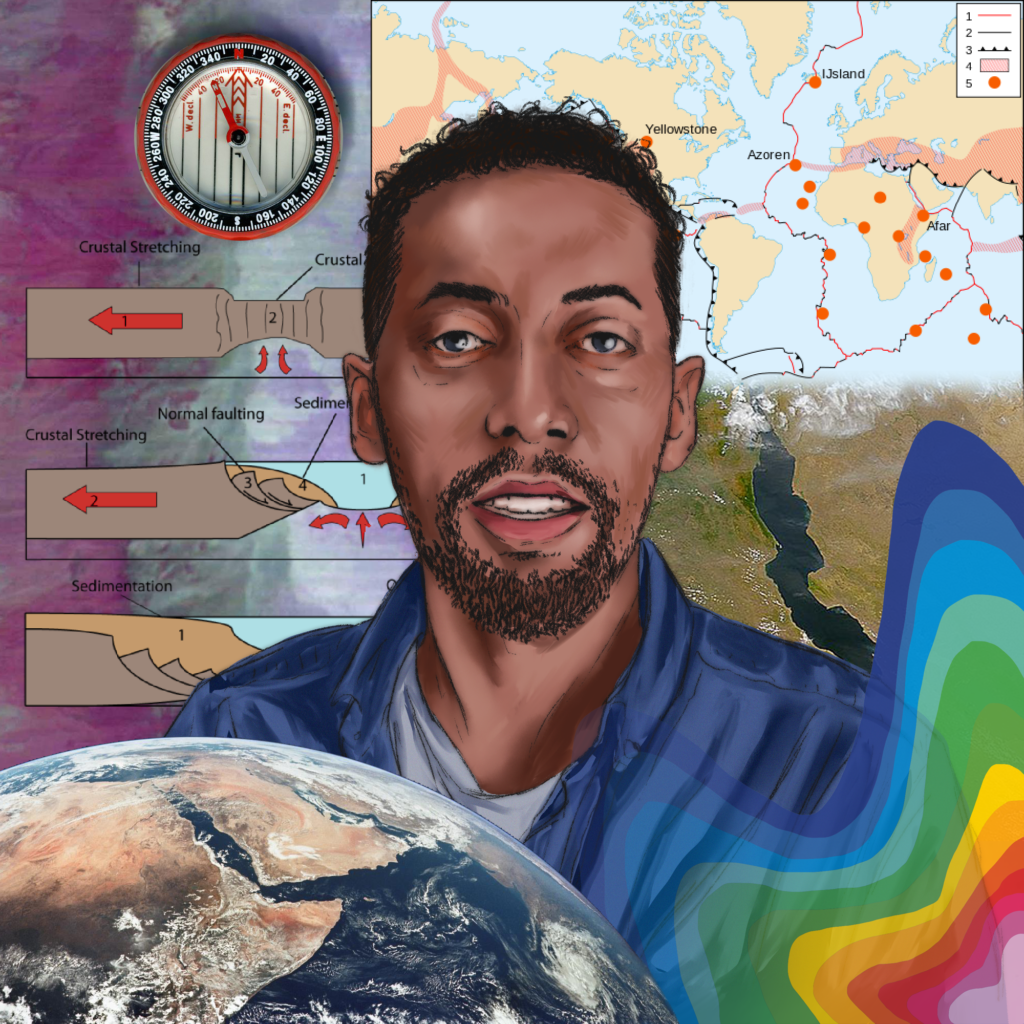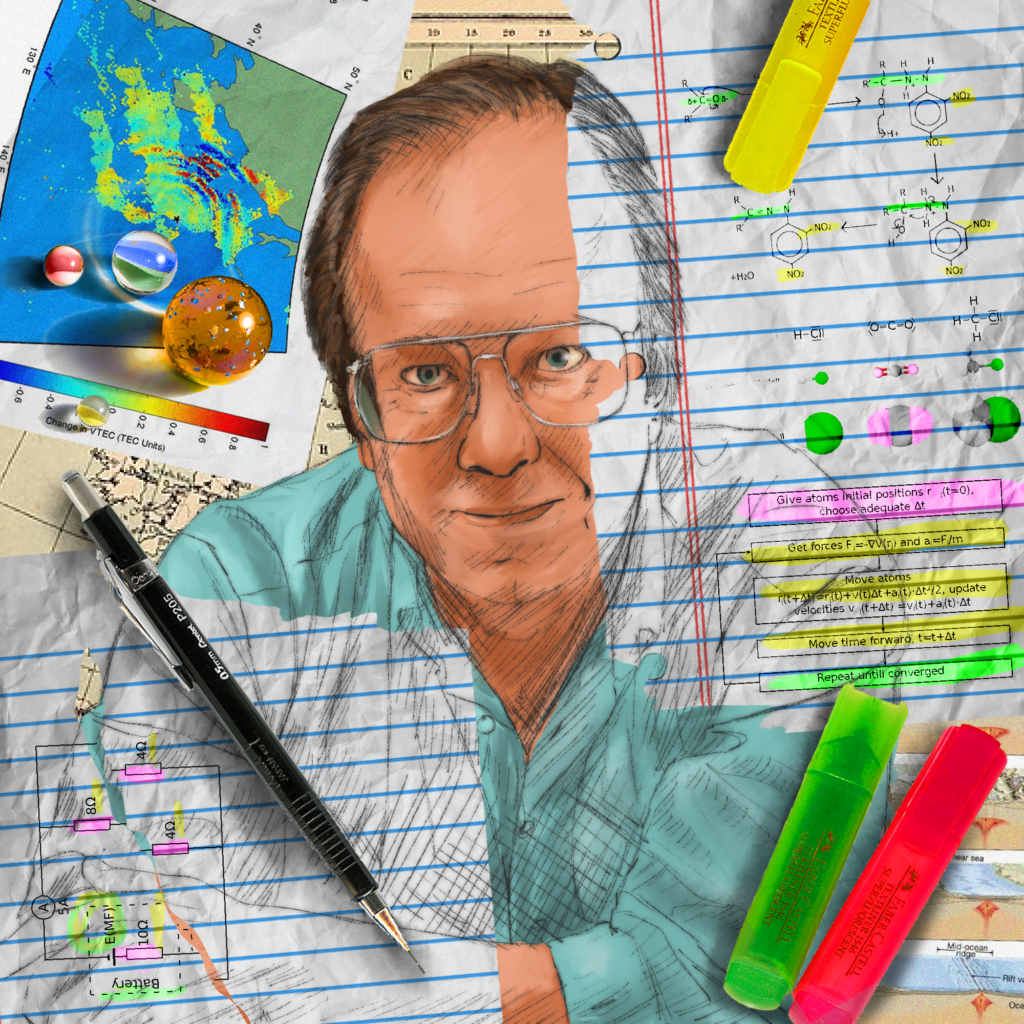Storied Careers
24-Storied Careers: Gaining a footing in landslide science
How do you study something that’s constantly shifting? That’s the challenge that USGS geologist Richard Iverson faced when he began his career in landslide research. He and his team developed a first-of-its-kind experimental facility to study how landslides happen, in order to better understand and prepare for them.
Read More23-Storied careers: Auroras, deadly radiation, and Earth’s long-term future
With a heliophysics career spanning across nearly five decades, Thomas Earle Moore has always been fascinated by the Sun’s relationship with the Earth and how that relationship affects life on our planet.
Read More22-Storied careers: Ocean sensors and dog scenters
Tommy Dickey is an emeritus oceanographer from U.C. Santa Barbara and Naval Operations Chair in Ocean Sciences. His modeling and observational research yielded ocean monitoring technologies and tools. For retirement, Tommy trains and deploys Great Pyrenees as therapy dogs, while studying scent dogs’ capacity to detect COVID-19.
Read More21-Storied careers: Scouring seas from the skies
This episode is about how satellite technology is being used to study a big chunk of the earth’s surface. Seventy percent of the earth comprises water but we know very little about it. Color sensors aboard some satellites can actually reveal a lot about phytoplankton or microalgae blooms that are linked to ocean temperatures. These tiny organisms contribute to half the photosynthesis on the planet.
Read More20-Storied careers: The unexpected path to Ethiopian rifts
Choosing a major and university is one of the earliest major life decisions—but what if you had to leave those choices up to chance?
Read More19-Storied careers: What you didn’t learn in (geo)science class
In the past couple of decades, Earth and space science education for K-12 has evolved significantly, much due to the work of geologist, educator, and writer, Michael Wysession. This is a time where the science education we receive plays a big role in our response to climate change; an adaptive and engaging curriculum, beyond the usual textbook, is paramount – and way more fun!
Read More18.5-The (not so) secret histories of scientists
Science is all about experimentation, discover, and sharing those results. But what happens behind the scenes? What stories do scientists have to tell that don’t make it in the manuscript or the classroom lecture?
Read More